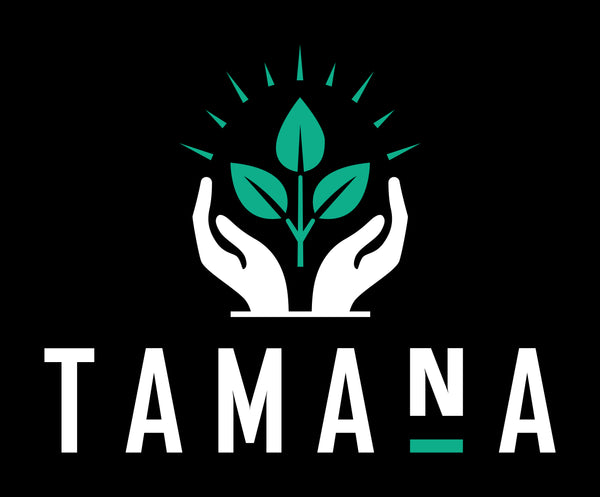
How Coffee Can Help Prevent Accidents: The Brew That Boosts Alertness
How Coffee Can Help Prevent Accidents: The Brew That Boosts Alertness
For many people, coffee is an essential part of their daily routine—a comfort, a ritual, or a pick-me-up. However, beyond its rich flavor and invigorating aroma, coffee can play an unexpectedly critical role in preventing accidents in our day-to-day lives. By enhancing alertness, improving focus, and combating fatigue, coffee proves itself not just as a beverage of choice but as a safety ally.
1. Coffee and Driver Alertness
Drowsy driving is a leading cause of road accidents, with fatigue impairing reaction times and decision-making. A cup of coffee before hitting the road; or during a break on a long drive; can significantly reduce the risk of accidents. Caffeine in coffee stimulates the central nervous system, enhancing alertness and focus, helping drivers stay attentive.
Research has shown that drivers who consume caffeine experience a marked reduction in crashes compared to those who don’t. Coffee, combined with regular breaks and proper rest, is a simple yet effective tool for safe driving.
2. Coffee in the Workplace: Reducing On-the-Job Accidents
Fatigue isn’t limited to the roads; it also affects productivity and safety in the workplace. This is particularly true in high-risk industries such as construction, healthcare, and manufacturing, where lapses in attention can lead to serious injuries.
Drinking coffee during breaks or throughout the day helps employees stay focused and alert, reducing errors caused by fatigue. Even in offices, where tasks may be less physically dangerous, coffee can prevent mistakes that could lead to costly repercussions, such as data entry errors or missed deadlines.
3. Late-Night and Shift Work Safety
Shift workers, including healthcare providers, first responders, and factory employees, are more prone to fatigue-related accidents due to irregular hours and insufficient sleep. Coffee can serve as a vital ally by keeping shift workers alert during late-night shifts. Studies have highlighted how caffeine improves vigilance in these workers, enabling them to perform tasks with greater precision and care.
4. Preventing Accidents in Daily Activities
It’s not just on the road or at work where coffee helps—it plays a role in daily activities too. Sleep-deprived parents caring for young children, students pulling late-night study sessions, or anyone tackling repetitive tasks can benefit from coffee’s ability to maintain focus and ward off sleepiness. Whether it’s preventing a kitchen mishap, avoiding a stumble while multitasking, or staying alert while studying, coffee contributes to accident prevention across everyday life.
5. How Much Coffee is Enough?
While coffee can enhance focus and alertness, moderation is key. Excessive coffee consumption can lead to jitteriness, anxiety, or disrupted sleep, which can negate its safety benefits. Experts recommend sticking to 3–4 cups per day for most adults to strike the right balance.
6. Coffee as a Safe and Accessible Solution
What makes coffee such a powerful tool in accident prevention is its accessibility. It’s widely available, affordable, and easy to prepare. Unlike energy drinks laden with sugar and additives, coffee provides a more natural source of caffeine, often paired with antioxidants and health benefits.
A Sip Towards Safety
Whether you’re behind the wheel, on the job, or simply managing a busy day, coffee offers more than just a pleasant experience; it provides a critical boost to your awareness and mental clarity. By helping prevent accidents caused by fatigue, coffee proves itself not just as a beloved drink but as an ally in safety.
At Tamana Coffee, we’re committed to supporting life’s vital moments, including those that require you to be your most alert and focused self. With every sip of our freshly brewed coffee, you’re not only savoring a taste of the rainforest but also making an investment in safety and productivity.
So, the next time you reach for your coffee, remember: it’s more than a cup; it’s a step towards keeping life on track and accident-free.
